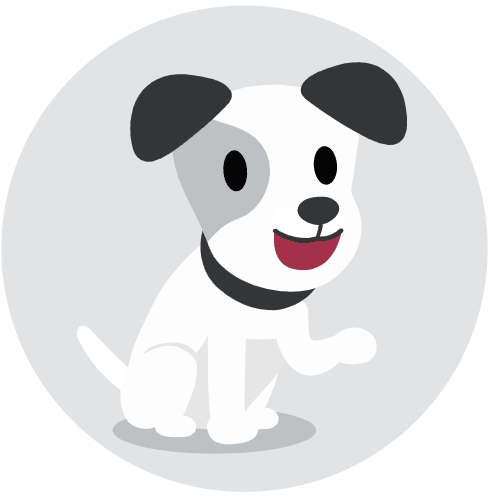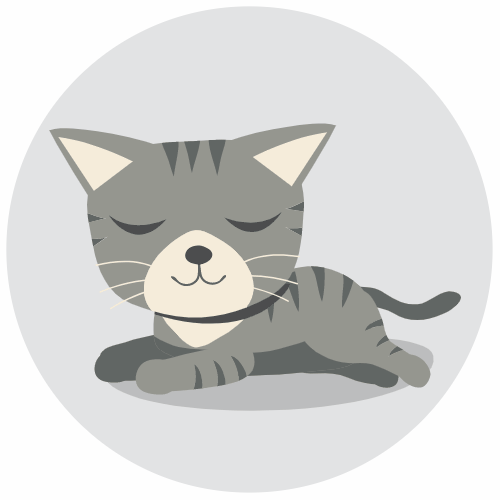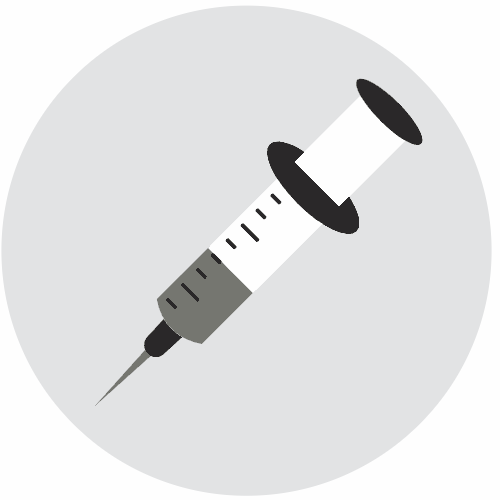If you’ve recently added a new puppy or kitten to your family, our compassionate team at Chino Valley Animal Hospital can’t wait to meet your new furry friend and help you start their care off on the right paw! We offer new puppy and kitten exams in Yavapai County to track your pet’s growth and administer the necessary vaccines to help ensure a lifetime of healthy pets.
Schedule your pet’s first appointment today at Chino Valley Animal Hospital!
First Series of Exams
Puppies and kittens require special attention to set them up with healthy habits for years to come. During these exams, your veterinarian will evaluate your new pet’s health and administer necessary vaccinations to prevent dangerous diseases.
Exam One
Most pets will have their first exam when they are about eight weeks old, but any pet under one year of age is still considered a new puppy or kitten at our animal hospital. We provide the following puppy and kitten shots in Chino Valley:
Kittens
- FVRCP (Feline Viral Rhinotrachetitis, Calici virus, Panleukopenia) #1
- Deworming #1
Puppies
- DA2PP (Distemper, Adenovirus, Parvovirus and Parainfluenza)
- Deworming
Exam Two
The second exam will occur when your new pet is about 12 weeks old to measure their growth since their first exam. In addition, we will administer your pet’s second round of shots:
Kittens
- FVRCP (Feline Viral Rhinotrachetitis, Calici virus, Panleukopenia)
- Deworming
Puppies
- DA2PP (Distemper, Adenovirus, Parvovirus and Parainfluenza)
- Leptospirosis
- Bordetella
- Final Deworming
Exam Three
When your pet is 16 weeks old, their final exam in their initial series of puppy and kitten exams will take place. Your veterinarian will continue to track their growth and development and discuss what to expect regarding your pet’s health as they get older. Your pet will also receive their final round of puppy and kitten shots:
Kittens
- FVRCP (Feline Viral Rhinotrachetitis, Calici virus, Panleukopenia)
- FeLV (Feline Leukemia Virus)
- Rabies
Puppies
- DA2PP (Distemper, Adenovirus, Parvovirus and Parainfluenza)
- Leptospirosis
- Bordetella
- Rabies

When Should I Spay or Neuter My Pet?
During exam three, your veterinarian will talk with you about what to expect as your puppy or kitten grows into an adult. This includes determining the best time for your pet’s spay or neuter surgery.
Potty training your pup can be overwhelming, but it’s important to start as soon as possible.
How Do I Set A Potty Training Schedule?
- First thing in the morning
- Last thing at night
- After spending time in a crate
- Upon waking up from a nap
- After eating or drinking
- Time between potty brakes should be no more than 2-4 hours
How Do I Crate Train My Puppy?
- Dogs like clean “home” areas and are less likely to have accidents
- Place crate near exterior door for quick relief
- The crate should be big enough for your puppy to stand up, turn around, and lay down
When Should I Reinforce Good Behavior?
- Don’t scold your puppy for having an accident
- Praise them for doing the right thing
- Reward them with treats, pats, and attention
How Do I Discourage Bad Behavior?
Training a new pet can be tricky, but we’ve included some tips below on how to stop bad behavior.
WHAT CAN MY PUPPY CHEW ON?
- Chewing is a calming mechanism for puppies
- Keep chewing toys around the house; when they start to chew on toys instead of household objects, give them praise
How Do I Stop My Puppy From Barking?
- Scolding your puppy when they bark can make it worse; instead, ignore barking and praise quiet
- Training your dog to sit helps them fight impulsive barking when they want something
How Do I Stop My Puppy From Begging At the Table?
- Feed them first before you eat
- Create a cozy “go-to” spot near the table where they can be comfortable
- Praise them with treats when they don’t beg
How Should I Feed My Puppy?
Proper diet and nutrition as a puppy can help set the stage for a lifetime of good health.
How Often Do I Feed My Puppy?
- 6-12 weeks: 4x a day
- 3-6 months: 3x a day
- 6-12 months: 2x a day
- After a year: 2 half portions a day
- Watch your puppy to gauge if they are eating healthy
What Food Should I Feed My Puppy?
- Look for AAFCO guidelines
- Look for age and health specific formulas
- Ask your vet for tailored recommendations
What Foods Are Harmful to Puppies?
- Dairy, chocolate, grapes, and sugary foods, snacks, or desserts
Here are some frequently asked questions about how to keep your new kitten safe and cozy in their new home.
What Things Should I Buy for A Kitten?
- Scratch posts (helps preserve furniture!)
- Litter boxes, cat carriers, and food and water bowls
- Stain and odor remover
What Should I Move Out of the Way?
- Toxic plants
- Cleaners and sprays
- Any dog food that might be in the house
How Can My Cat Be Comfortable?
- Bed and blanket
- Small, cozy space
- Grooming supplies
- Pheromone products
What Is the Best Way to Play with My Kitten?
Playing with your new feline friend can benefit your kitten and your growing relationship with them.
How Do I Play Safely With My Kitten?
- Use balls, jingles, anything on a string, and cotton chew toys
- Avoid “play” with your hands to avoid injury when full grown
What Are the Benefits of Playing with Your Kitten?
- Strengthens your bond with your kitten
- Allows them to release energy that could lead to damage
- Builds trust and comfort for them within a new home
How Often Should I Play With My Kitten?
- 20+ minutes of play per day
- Set aside at least two times a day preferably early in the morning and late at night
How To Feed Your New Kitten
We know a lot comes with a new pet, and we’ve gathered some tips to help you decide how best to feed your kitten.
How Often Should I Feed My Kitten?
- Dry food only: leave available at all times
- Wet food only: feed at least four times a day
- Combo: feed wet food twice a day and leave dry food available
What Should I Feed My Kitten?
- Look for AAFCO guidelines
- Look for age and health specific formulas
- Ask your vet for tailored recommendations
What Foods Are Harmful to Kittens?
- Raw meats, eggs, raw fish
- Grapes, chocolate, and dairy





